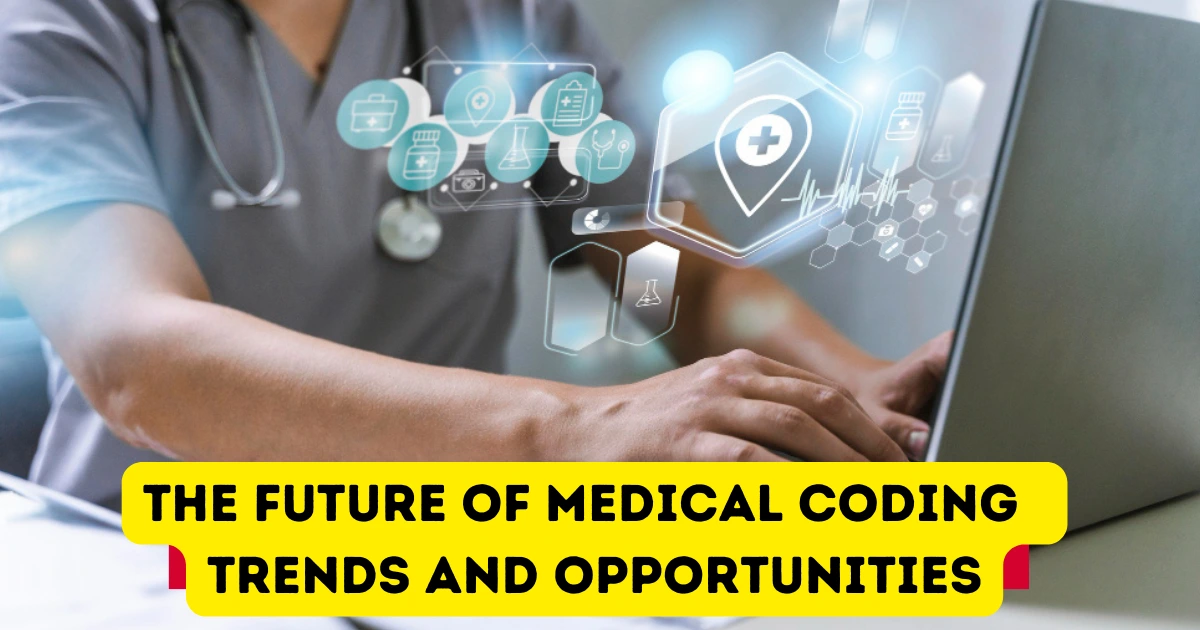The future of medical coding is rapidly evolving, driven by technological advancements, the growing complexity of healthcare data, and the increasing emphasis on data-driven decision-making. These factors are shaping a new landscape for medical coders, presenting both challenges and opportunities.
Impact of Technology
Technology is playing a transformative role in the medical coding industry, automating many routine tasks and introducing new tools and platforms to enhance efficiency and accuracy. Artificial intelligence (AI) and natural language processing (NLP) are at the forefront of this technological revolution.
-
AI-powered coding tools are automating the process of assigning codes to patient records, reducing the time and effort required for manual coding. These tools can analyze medical documentation, identify relevant diagnoses and procedures, and suggest appropriate codes.
-
NLP is enabling the development of advanced coding software that can extract information directly from unstructured clinical notes and physician narratives. This eliminates the need for coders to manually transcribe and interpret clinical documentation.
Growing Complexity of Healthcare Data
The volume and complexity of healthcare data are increasing exponentially, driven by the adoption of electronic health records (EHRs) and the proliferation of new diagnostic and treatment technologies. This presents challenges for medical coders who must keep pace with the ever-changing coding guidelines and adapt to new data formats.
Prioritizing Decision-Making Based on Data
Healthcare organizations are increasingly relying on data to make informed decisions about patient care, resource allocation, and quality improvement initiatives. Medical coders play a crucial role in generating accurate and reliable data that can be used for these purposes.
Trends in Medical Coding
Several key trends are shaping the future of medical coding:
-
Specialization: Medical coders are increasingly specializing in specific areas of healthcare, such as cardiology, oncology, or pediatrics. This specialization allows them to develop deeper expertise and provide more accurate coding services.
-
Remote Work: Remote work opportunities are expanding for medical coders, providing them with greater flexibility and work-life balance.
-
Continuous Learning: Medical coders must stay up-to-date with the latest coding guidelines and regulatory changes to maintain their skills and expertise.
Opportunities for Medical Coders
Despite the challenges, the future of medical coding offers promising opportunities for skilled professionals.
-
Job Growth: The demand for medical coders is expected to continue growing, driven by the aging population, increasing healthcare utilization, and the adoption of new technologies.
-
Career Advancement: Medical coders can advance their careers by specializing, pursuing certifications, and taking on leadership roles.
-
Impactful Work: Medical coders play a vital role in ensuring accurate reimbursement for healthcare services and providing valuable data for healthcare decision-making.
Conclusion :
The future of medical coding at Ingenious Healthcare Institute is shaped by continuous technological innovation, the growing complexity of data and a growing focus on making decisions based on data. Medical coders who successfully handle these adjustments and incorporate new technology are well-positioned for success in this rapidly changing industry.

